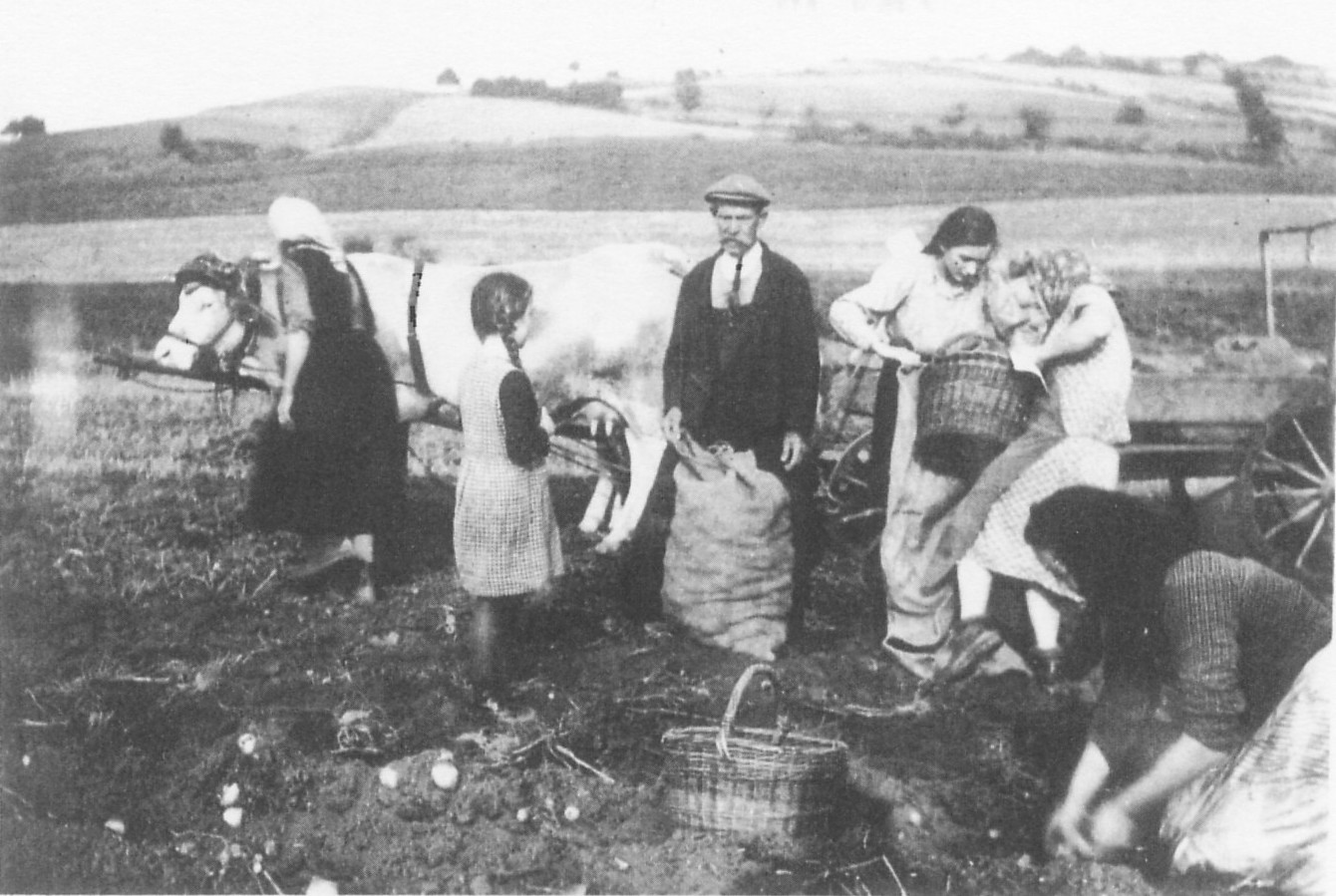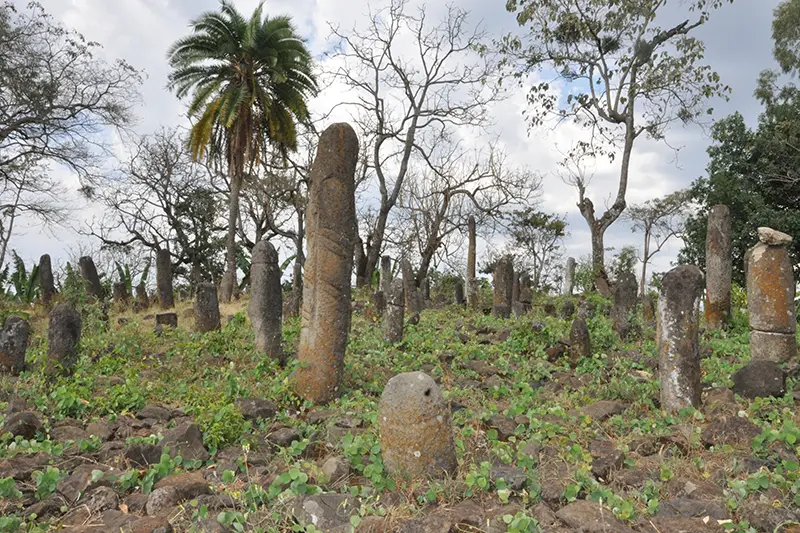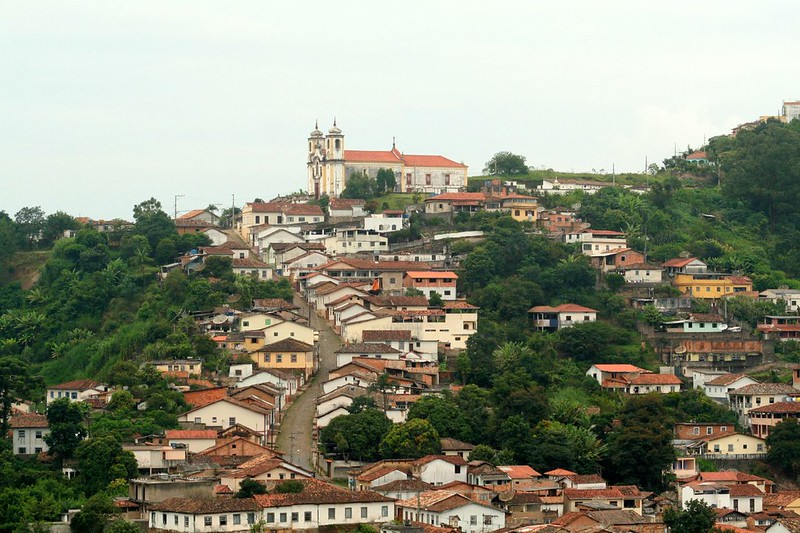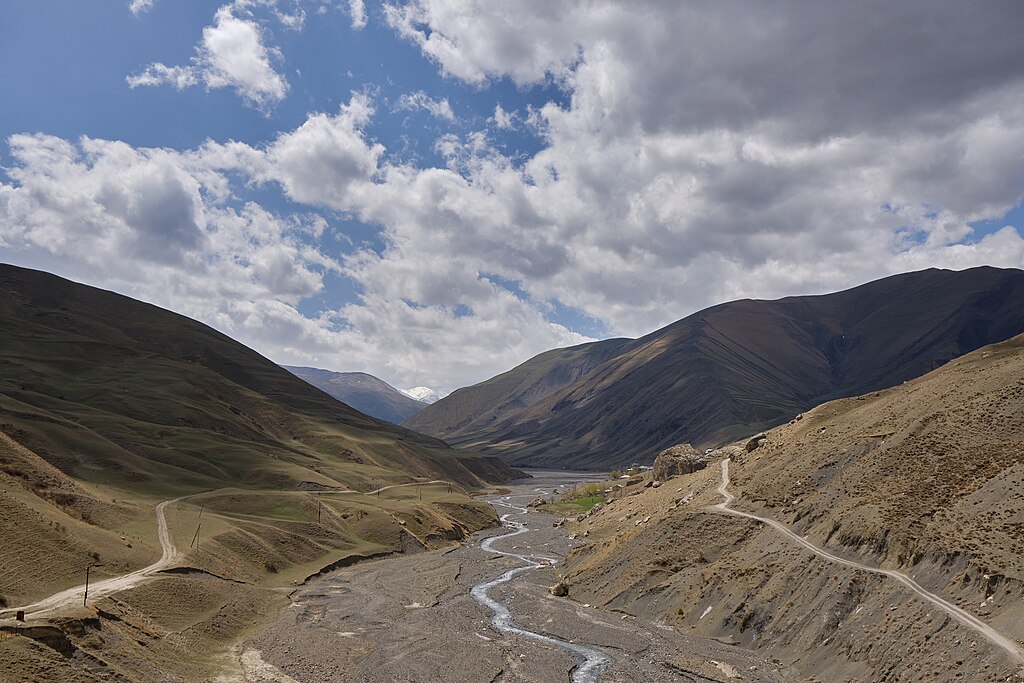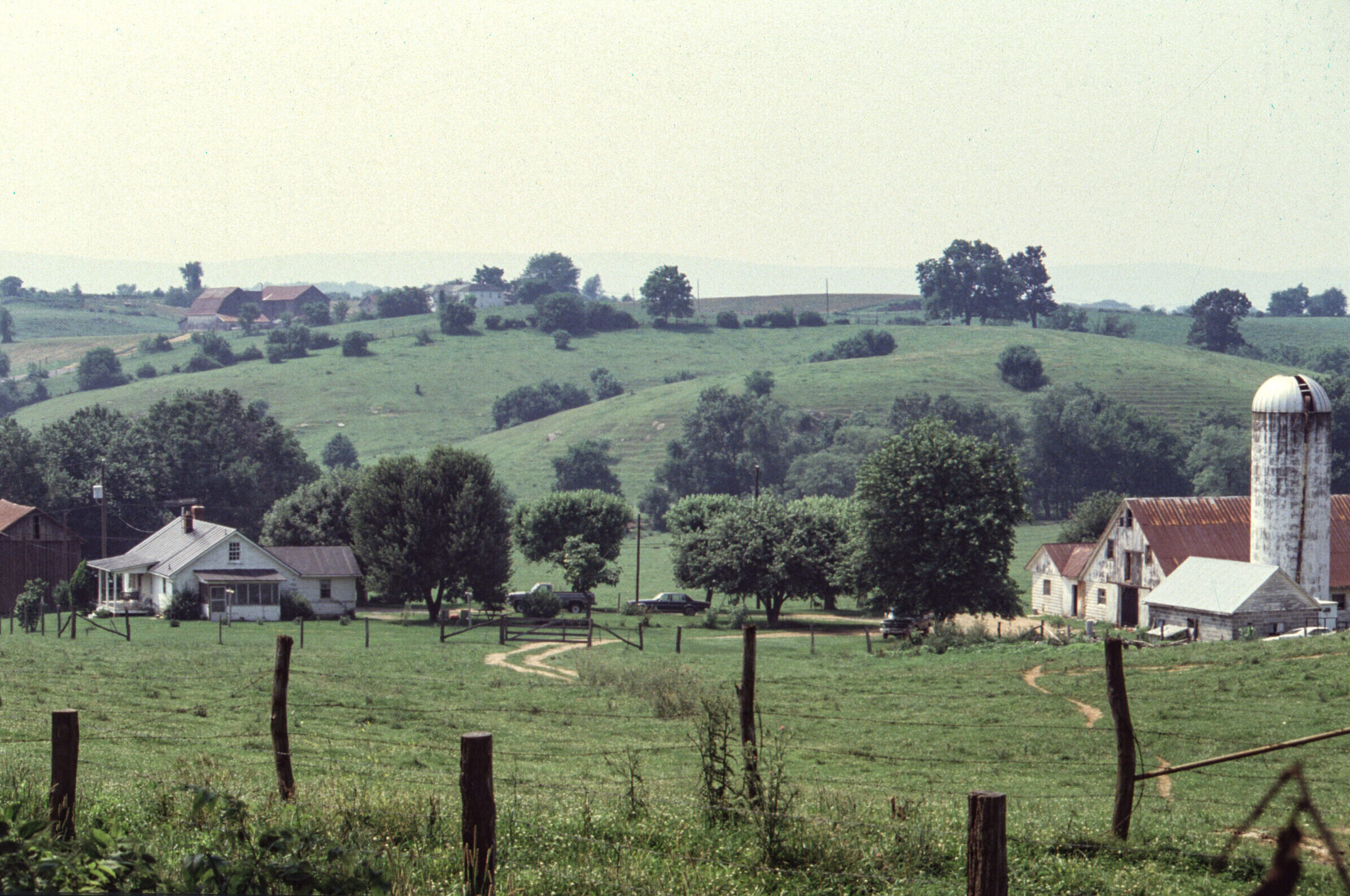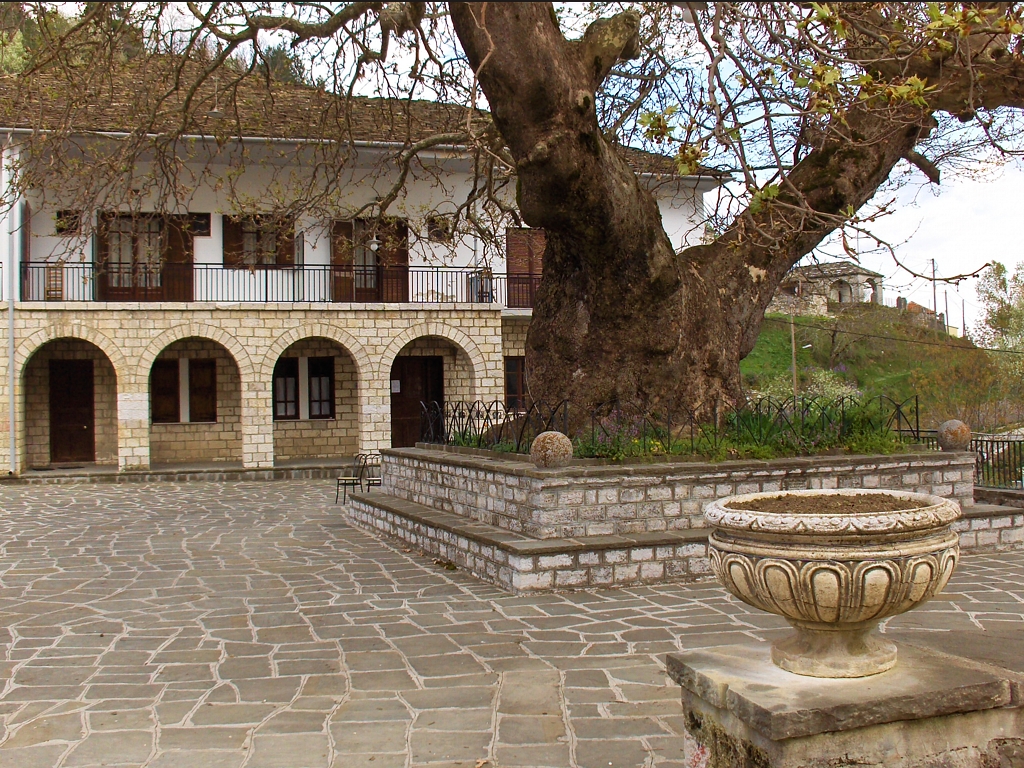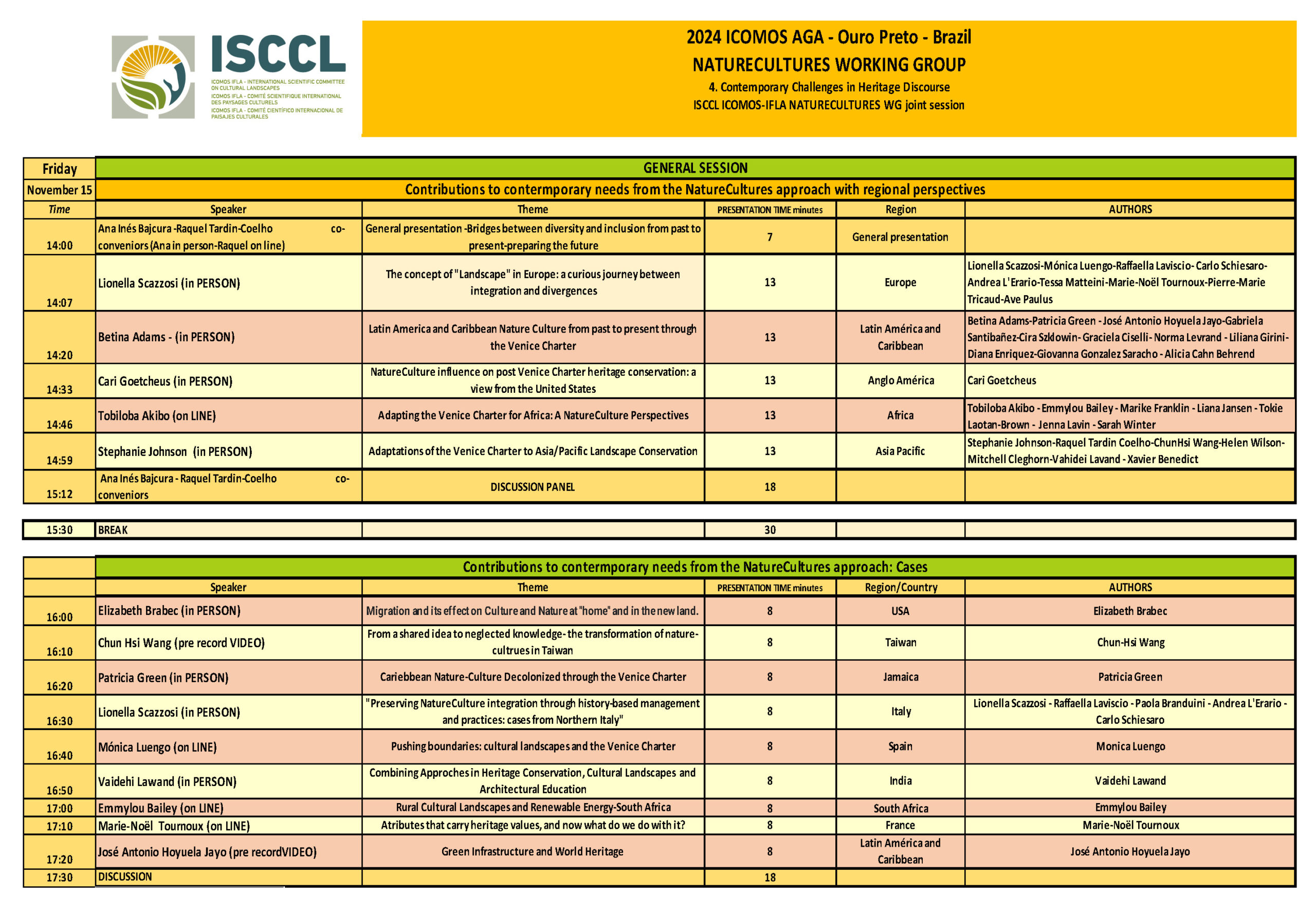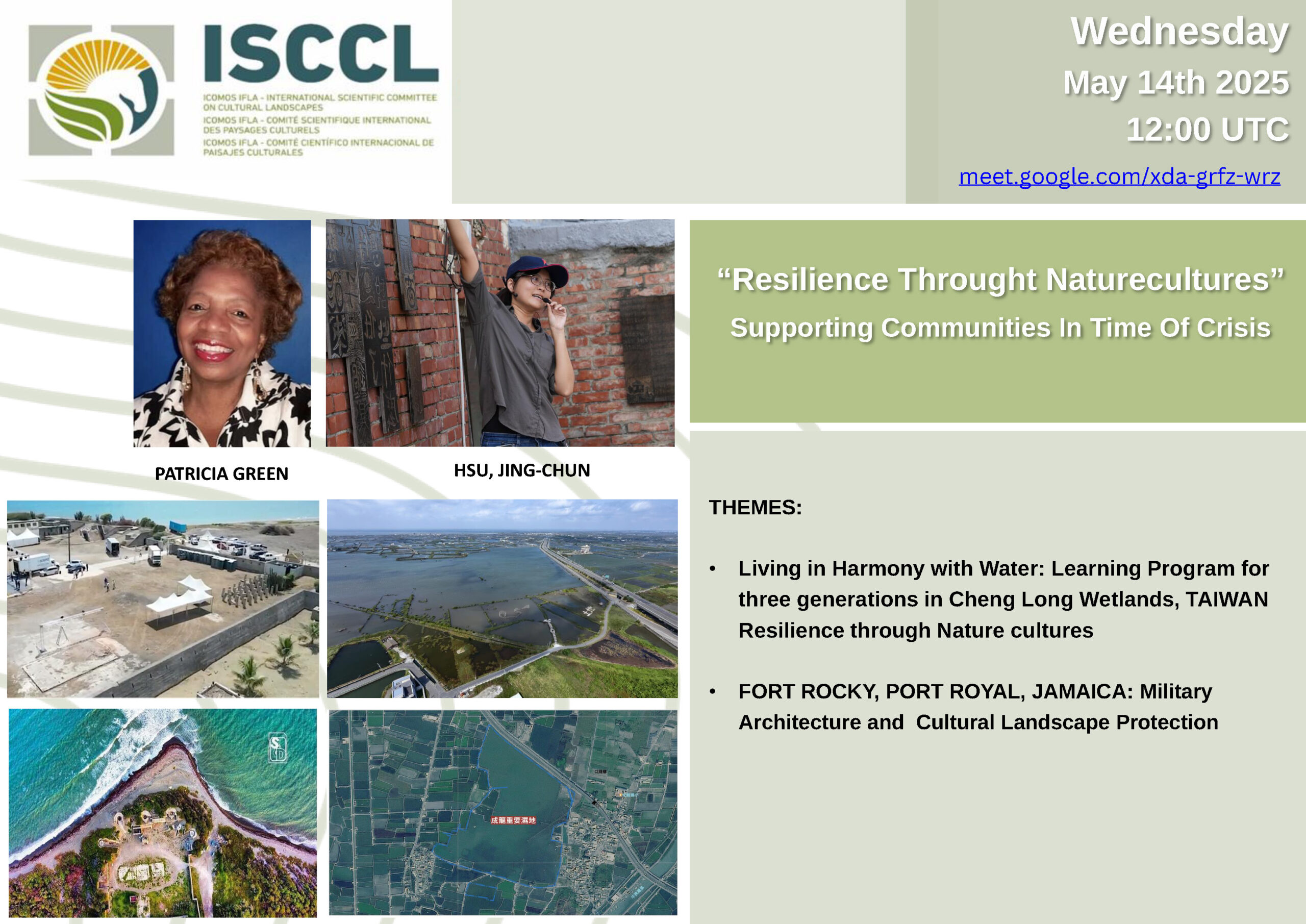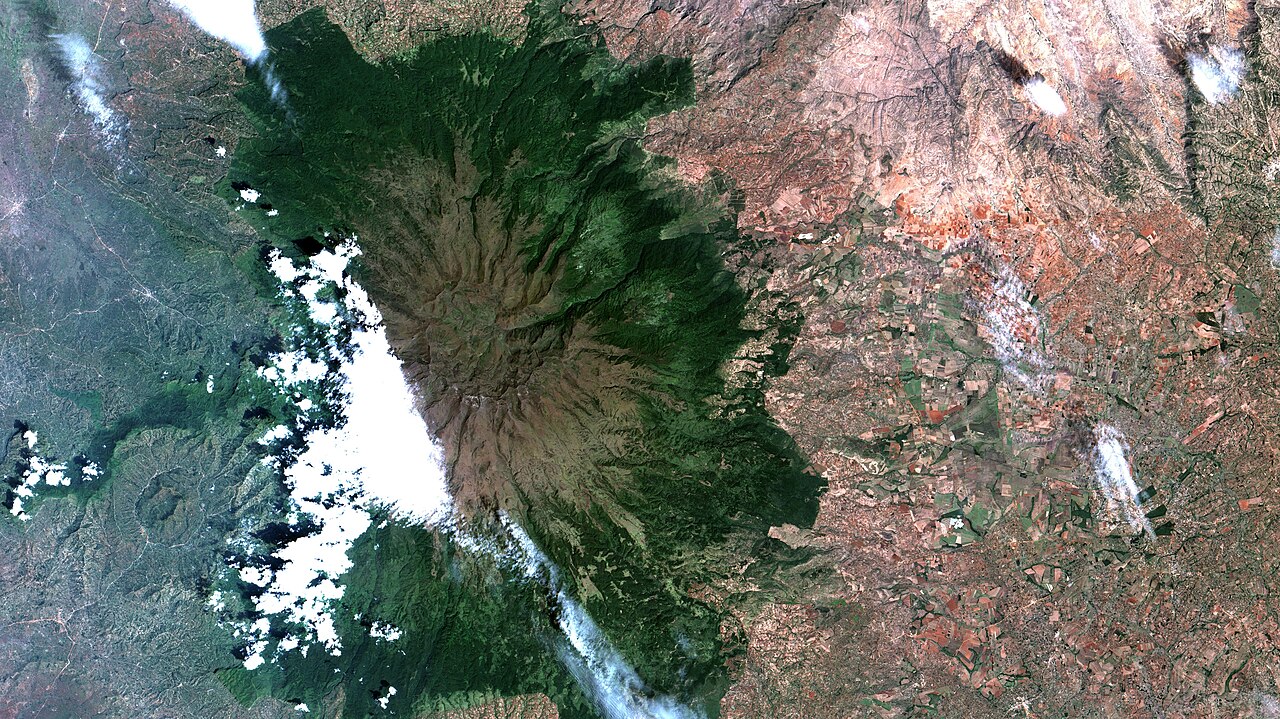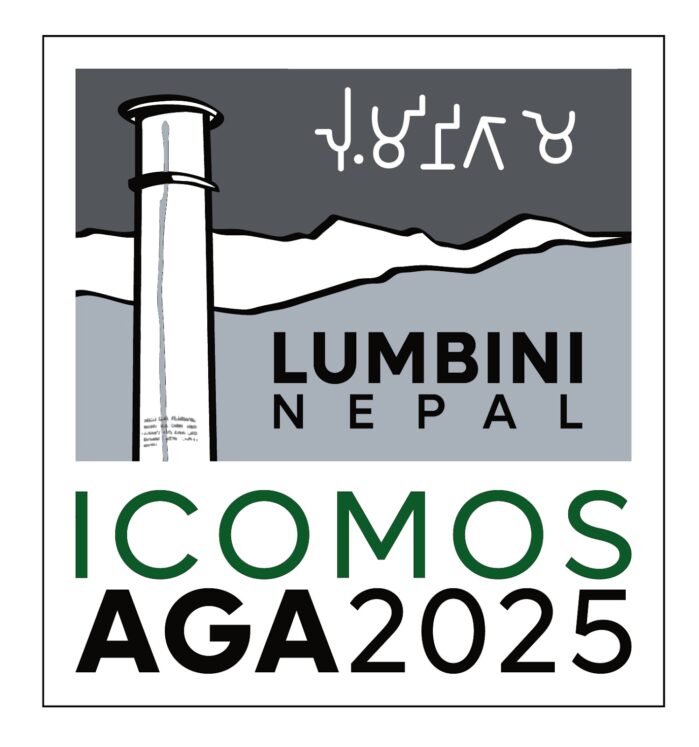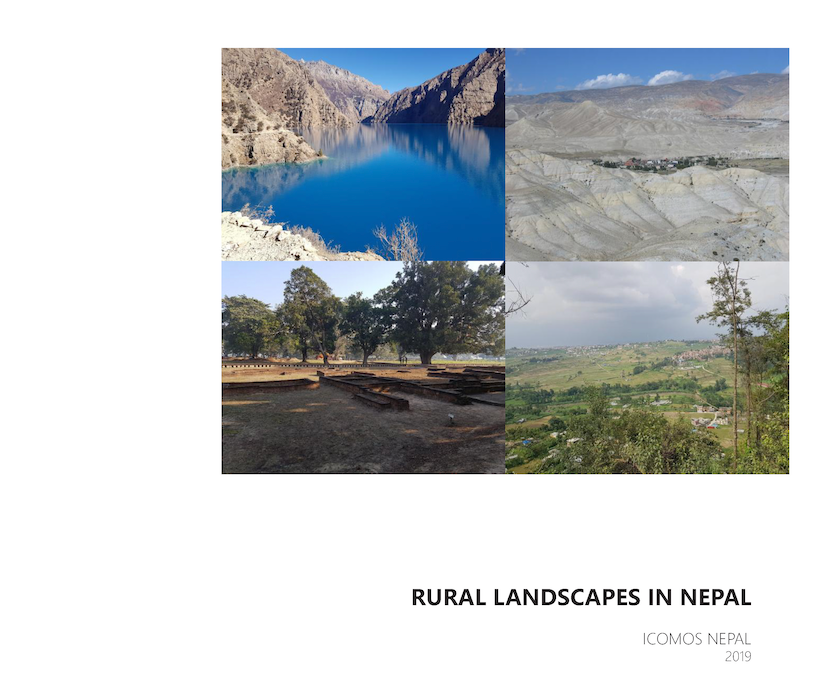Gleaning or Stealing?
Image above: Gleaning potatoes in a field in Bohemia, Czechoslovakia, 1943. (Brabec 1943)
Gleaning: An important intangible heritage for cultural landscapes
While the term “gleaning” has found its way into contemporary English to denote collecting bits of information, according to the Oxford English Dictionary (2024) it’s historical meaning comes from an agricultural practice of gathering “grain or other produce left by reapers” (Merriam-Webster 2024). It is this meaning of the word that forms the intangible cultural heritage of an agricultural practice that functioned as a social support system, and also as a mechanism for reducing food loss. Chaucer (1356) referred to gleaning in his poem “The Legend of Good Women,”
“For I well know, you oft before have borne
Poetry’s crop away, and stored the corn,
And I come after, gleaning here and here,
And am full glad if I can find an ear….”
The etiology of the word glean gives a sense of the long history of this practice. It is probably of Celtic origin, and directly from late Latin “glenare” (6th c.) and from Old french “glener” before it appears in 14th c. English (Soanes and Stevenson 2008).
Read the article below, reprinted from The Daily Yonder, for a contemporary view of gleaning ….
References
Chaucer, Geoffrey. 1385c. Prologue line 75, translated by A. S. Kline (2008). Legend of Good Women. Poetry in Translation, Retreived November 3, 2024, https://www.poetryintranslation.com/PITBR/English/GoodWomen.php#anchor_Toc186791811.
Google Books. 2020. Ngram Viewer Export: Gleaning. Retreived November 3, 2024, https://books.google.com/ngrams/graph?content=gleaning&year_start=1800&year_end=2019&corpus=en-2019&smoothing=7&case_insensitive=false#.
Merriam-Webster. (n.d.). Gleanings. In Merriam-Webster.com dictionary. Retrieved November 3, 2024, https://www.merriam-webster.com/dictionary/gleanings.
Soanes, Catherine and Angus Stevenson. 2008. Glean, in the Concise Oxford English Dictionary, 11th ed., rev. Oxford: Oxford University Press.
Donna Kallner, The Daily Yonder
October 25, 2024
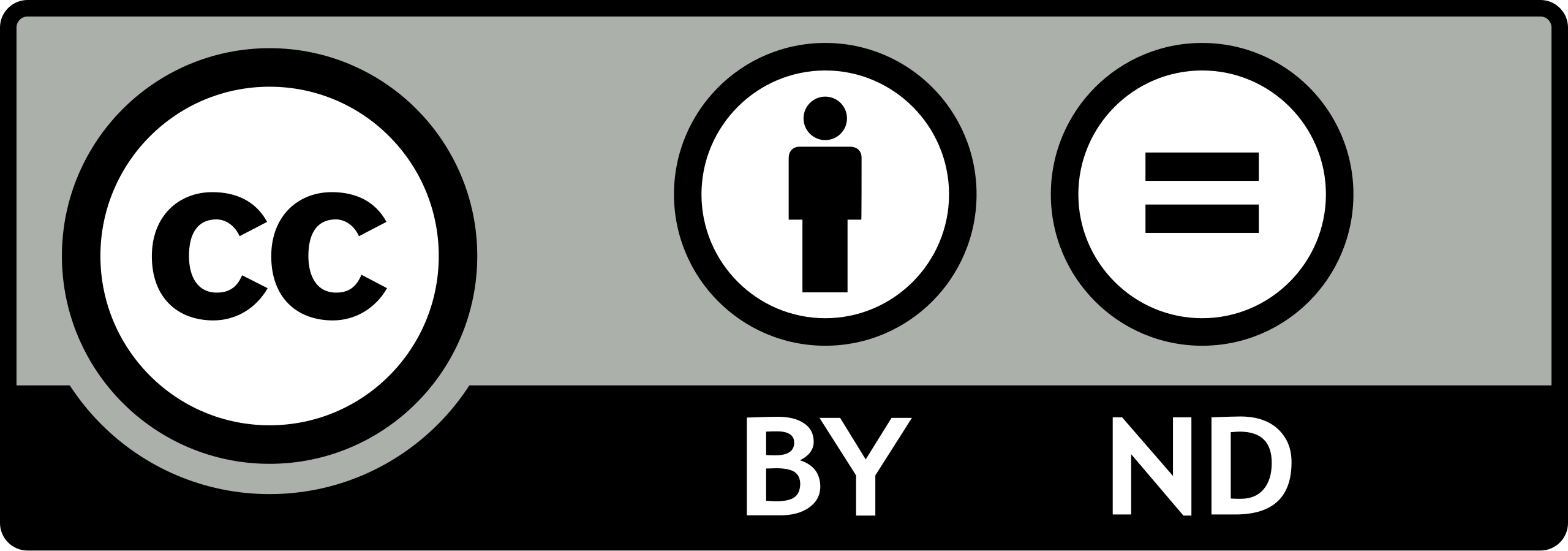
Image right: Gleaning after harvest is a time-honored way to help families stretch their food dollars with what would be otherwise wasted (Donna Kallner / The Daily Yonder).
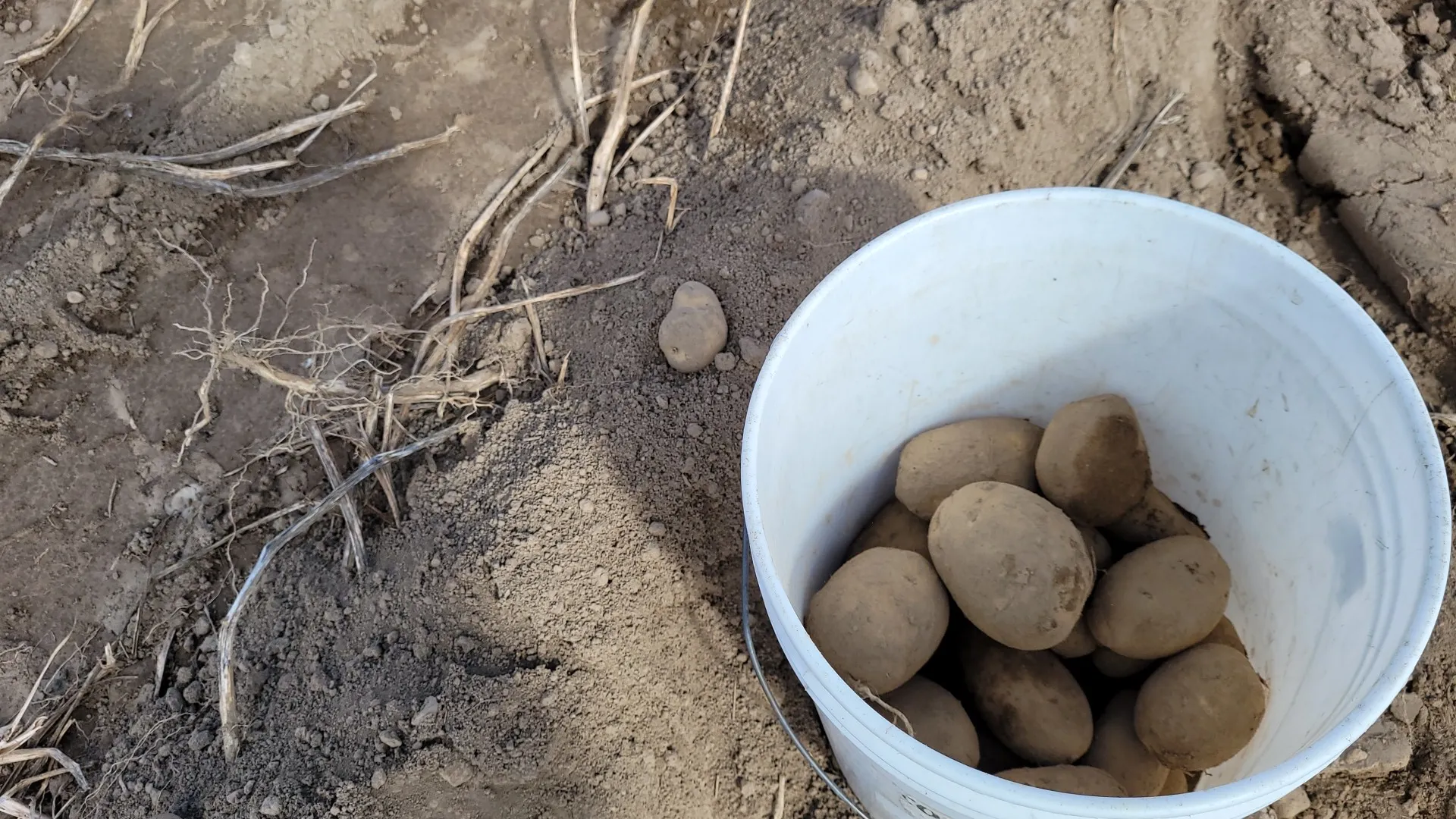
45 Degrees North: Gleaning Or Stealing?
Recently I told a friend I was canning potatoes we gleaned. It took me by surprise when she asked, “What does gleaned mean?” My explanation failed to convey sufficient information about this time-honored rural tradition. I know because her response to it was, “Where I come from, that would be called stealing.”
I'd like a do-over on that explanation. Gleaning may not be the most commonplace activity, even for many people who live in the country. But it speaks to values many rural people hold dear – values that are sometimes hard to understand by people from other places. And I really don't want my transplanted city-girl neighbor to think of me as a petty thief.
Gleaning is the practice of collecting food from what is left behind after harvest. And there's almost always something left behind. With potatoes (a major crop where I live), harvesting equipment may intentionally leave behind potatoes too small to be worth the energy and expense it would take to truck them to a sorting facility and then have to discard them. Other perfectly good potatoes get missed as well. Those would all quickly rot in the field.
Or instead, people like us might watch and wait for a window of opportunity between when harvesting equipment leaves the field and tillage equipment arrives to work the soil. That's when we arrive with buckets or bags to fill with perfectly good food that would otherwise go to waste.
I can see how someone who carefully tends a postage-stamp urban garden in the hell strip between street and sidewalk might be disinclined to have interlopers help themselves. Or how helping yourself to a pumpkin or four from a suburban hobby farm could be seen as pillaging.
And I appreciate the worry that someone could fall on their property while picking up windfall apples. But Wisconsin statute actually protects landowners from liability for injuries that might occur when someone enters their property to engage in “recreational activities” like “harvesting the products of nature.”
Still, that's not a free pass to go anywhere and take anything. So here are some things you should know about gleaning.
Ancient tradition. In the biblical story of Naomi and Ruth, the widowed Ruth leaves her homeland, going with her mother-in-law back to the place of Naomi’s birth (whither thou goest). There, Ruth is the stranger in a strange land trying to keep them from starvation. The laws of that society as outlined in the Old Testament not only allowed people to glean but required that some portion be left for widows and orphans, the poor and outsiders. So Ruth goes out to glean behind the harvesters in fields owned by Boaz. And Boaz tells his men to let her gather, even to pull out some stalks from the bundles of barley for Ruth to pick up. And no monkey business. Because, as I understood it then and now, God expects those of us blessed with abundance to create opportunities for the least among us to contribute to their own well-being. With dignity. For many of us who live where churches are surrounded by farm fields, those Sunday School lessons stick.
More ancient history. By the time I was a kid, gleaning wasn't the only way for widows and orphans and poor old folks to get by. But the tradition was still honored in the community where I grew up. My 4-H club, for example, didn't expect our moms to hawk frozen cheesecakes at work. Instead, we raised money for our club by gleaning corn to sell for feeding animals.
Modern gleaning. Nowadays, many people think gleaning is akin to dumpster diving – a process by which food that would otherwise be wasted is recovered for the use of those in need. The National Gleaning Project connects food recovery organizations across the United States, and provides access to law and policy resources including sample waivers, handbooks, and other documents. This helps support the work of organizations that collect and distribute unused food from retail outlets like grocery stores and farmers markets, restaurants, and events. And maybe even farms and orchards.
About those potatoes… My transplanted city-girl friend's husband came home from the dump recently with a big sack of potatoes. Someone he didn't know offered them to him – a gesture of welcome, I suspect, rather than an assumption of need. Why wouldn't you share with others when you have a surplus. And around here it's easy to glean way more potatoes than a household can cure and store or use up before they get soft and sprout. Sharing is what people do with an overabundance of zucchini or cucumbers or tomatoes. We may not call it gleaning when it comes from our gardens, but it's kind of the same notion: Abundance ought not go to waste.
Low-yield resources. Not all abundance is profitable, though. Perfectly good food is left behind when the cost of gathering it exceeds the value or the quality is too poor for the market. For example, when mechanically harvested green beans are transferred to a truck for transport to a canning plant, a little spillage is not unusual. That spillage can sit there to rot or it can be gathered up by someone able to home-can those beans for future meals. Gleaners may find partial rows missed by harvesting equipment and things growing in parts of a field too muddy to risk getting equipment stuck. Gleaners learn to spot opportunities to gather what would not necessarily profit the grower but would help a family stretch its food dollars.
U-pick gleaning. Some orchards and U-pick fruit and vegetable growers invite people in to glean after the harvest rather than have late-ripening items go to waste. My grandparents had a truck farm with U-pick strawberries and believe me, there can be a lot of perfectly good fruit left behind. It may take some extra time to process when you have to cut out bad spots. But it's still good, nutritious food.
In yards and ditches. In rural areas where the population skews elderly, it's not uncommon to find food that would go to waste because people just can't process it themselves any longer. We've gotten truckloads of rhubarb over the years by harvesting for friends who only want a crisp or pie in return. Other friends have done the same to stock their larders with peaches and pears. You have to get up pretty early in the morning to beat the neighbors who forage wild asparagus from the ditch adjacent to our property. Technically, the owner of that field owns the right-of-way to the center of the road. But stalking wild asparagus and harvesting elderberries from ditches is generally considered fair game where I live as long as you steer clear of people's houses (that's not hard to do where the population is so thin). And gleaning behind another forager still puts food on the table.
Permission to glean. Asking permission to glean on a neighbor's land shouldn't be any harder than asking permission to hunt. If you don't know who owns a piece of property, you can find out from your municipal clerk. Things get more complicated where large agricultural fields are owned by corporations and may be farmed by contractors. The employee in the field is not the person to give permission, and their employer probably would not appreciate someone flagging them down to ask. So instead, a landowner may let it be known in the community that it's okay to glean for your family’s use. At least that's the case in Wisconsin, where there are protections from liability. A gleaner must assume that the owner, employees and agents have no duty to keep the property safe for recreational activity or even to give warning of unsafe conditions or activities on that property.
Gleaning etiquette. For the privilege of gleaning, show respect for the people who own and work the land. Don’t block gates or access lanes. Be ready to leave quickly if farm workers and equipment arrive to begin the next phase of their job. Don't gather more than you can manage in the field or process when you get home. Don't drive on agricultural land. Don't damage trees or shrubs or anything else. Don't leave trash behind.
What isn't gleaning. Gleaning is not meant to be a business opportunity – a way to acquire commodities to sell at a farmers market or roadside stand. It's not taking more than you can use and letting it spoil. It most definitely is not sneaking in ahead of harvest to take without permission – or act like a human racoon and spoil what's in the field before it can be harvested.
That would be stealing.
Donna Kallner writes from Langlade County in rural northern Wisconsin. With more than 10,000 acres of potatoes grown there, she says some conservation organization fundraisers give sacks of potatoes as door prizes. Everyone goes home happy.
This article first appeared on The Daily Yonder and is republished here under a Creative Commons license.![]()
Permalink: https://perma.cc/3PNL-CKKW

